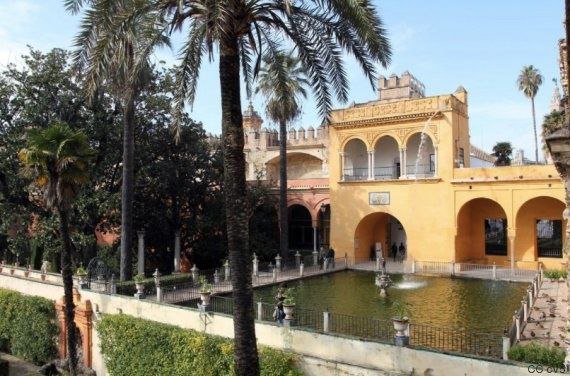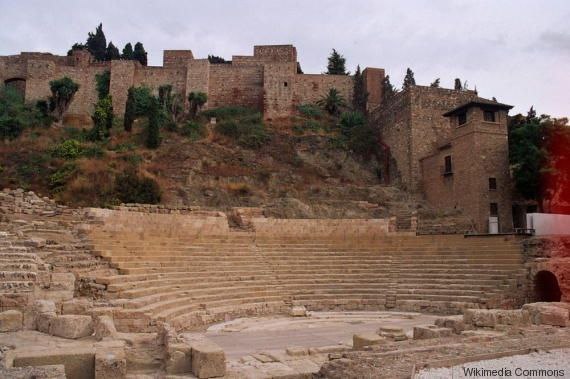Archaeological landmarks immortalized by the Muslim Arabs in Spain

There are many Islamic landmarks in Spain, which today have turned into shrines and tourist destinations for thousands of tourists annually.
Spain, located in the southwest of Europe, was subjected to Islamic rule from the 8th - 15th century AD, and it was called Andalusia. Despite the transformation of mosques into churches and the destruction of Islamic civilization there, the Islamic landmarks in the country remained standing, and even contributed to the revival of tourism to Spain.
In this report, we take you to Andalusia to introduce you to the most important Islamic landmarks there.
The Alhambra in Granada
The Alhambra Palace in Granada is one of the most places that reflects Islamic architecture and art in Spain and is considered the best Arab palace and one of the most famous tourist attractions in the world. It is an ancient palace and a large fortress built by King Abu Abdullah Muhammad I, known as Ibn al-Ahmar in the Kingdom of Granada during the second half of the 10th century AD. This palace is characterized by the clear features of Islamic architecture.
Alcazaba of Malaga
It is a huge fortress located in the Spanish city of Malaga, which was built by Bani Hammoud in the early eleventh century. It is considered one of the most prominent tourist attractions in Spain.
The Alcazaba of Malaga is located on a high, hill-like area in the center of the city, surrounded by an impenetrable wall on various sides, as well as a number of defensive towers that were used by soldiers for military purposes such as shooting and surveillance.
The Palace of Seville or (Alcazar) is one of the palaces known for their beauty, decoration and uniqueness through Islamic art.
There are many accounts about the palace, some of them say that it was basically an old Islamic castle, then it was rebuilt, and some say that it was rebuilt at intervals during the sixth and seventeenth centuries, while other researchers believe that it was built in the year 567 AH by the Almohads, and that in the era of Bani Abbad it was called (Al-Mubarak).
Abbas Najm






